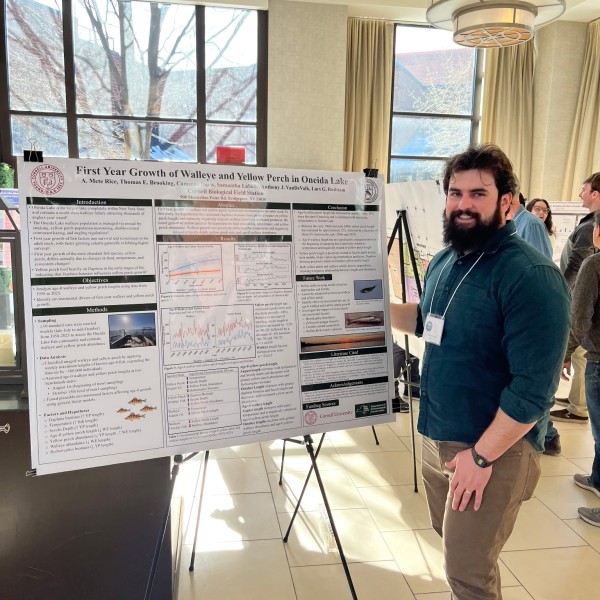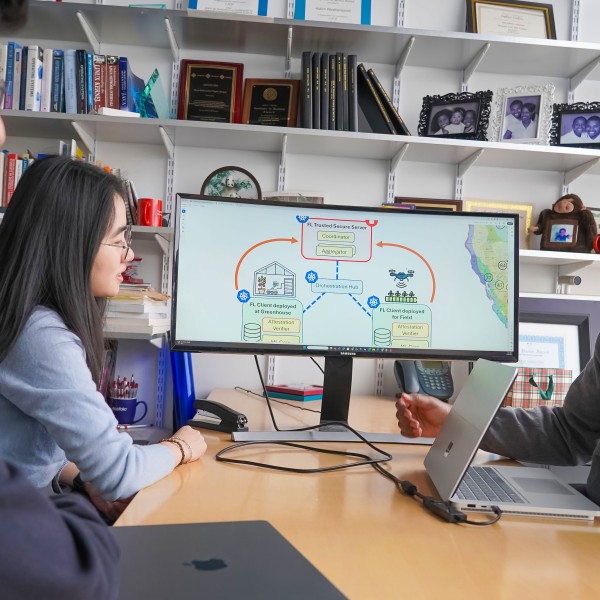How would bushwhacking the Rockies, wandering across Gambia, and working a Tesla assembly line shift your perception of global development? Meet Erik Endacott, this year’s Peace Corps Coverdell Fellow in the Global Development Master of Professional Studies (MPS) Program at Cornell.
Before he set foot in Senegal with the Peace Corps, Erik lived out of his car while working at a ski resort.
It was in the mountains that Erik found a pull to food security work in rural communities. It had reached him before, in a middle school documentary on African famines. Erik wound up following the intrigue to an agronomy program at Iowa State, aiming for nongovernmental work combatting hunger. But by Erik’s senior year, the pessimism of his peers had sept into his career plans.
“I was with people that were like, oh, there's no point in doing any of that stuff, you're not going to really make a difference.”
Erik graduated and spent his time in the mountains. One day, at high topography on unpathed mountains, he gravitated back toward food security.
Because of poor planning, Erik spent a couple of days without food. Amidst his hunger, he began to ask himself, “What do I really want to do? Do I want to spend the rest of my life climbing mountains, or do I want to focus on helping hungry people?”
Erik flipped a coin with a Peace Corps application. If he got in, he’d go.











